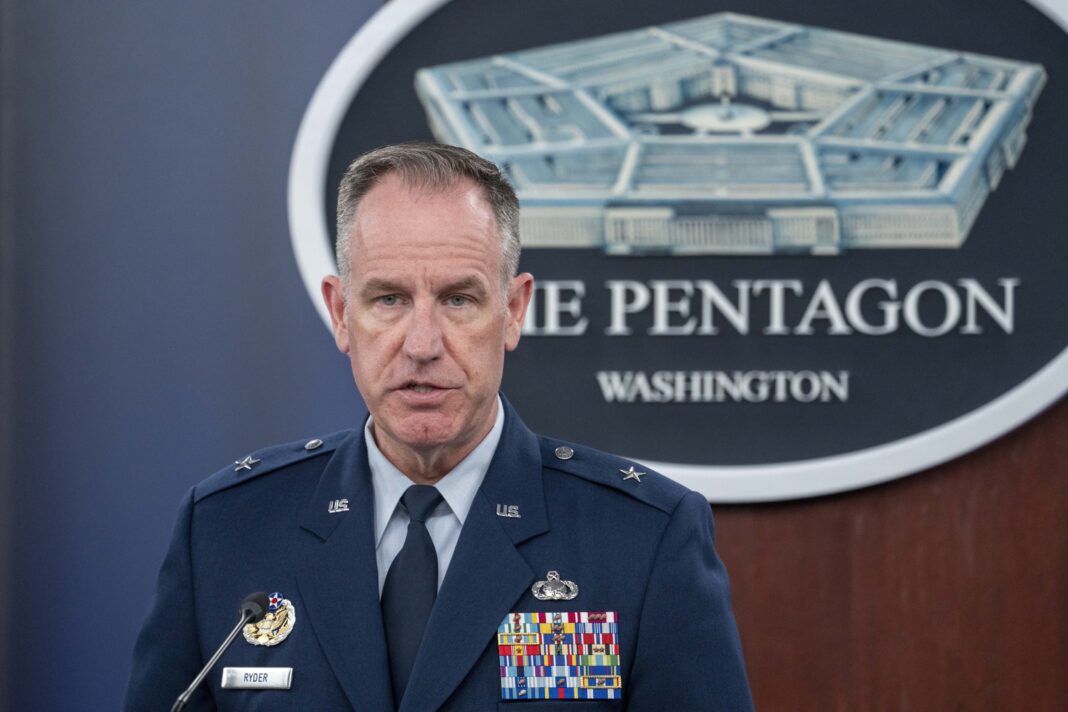According to news reports, the United States has made the decision to supply cluster munitions to Ukraine and is expected to announce this move as part of a new military aid package on July 7. U.S. officials, speaking on the condition of anonymity, disclosed that the cluster munitions would be included in a military assistance package worth approximately $800 million for Ukraine.
Pentagon spokesman Brigadier General Patrick Ryder, when asked about the reports, acknowledged their existence but refrained from providing specific details, stating that he had “nothing specific to announce.”
Recent news reports have indicated that President Joe Biden has been actively considering the inclusion of cluster munitions in the weapons package. The decision to provide such munitions has been a contentious issue, as it carries the risk of alienating allies. However, the debate surrounding the matter has intensified in recent months.
General Mark Milley, Chairman of the Joint Chiefs of Staff, stated on June 30 that the United States has been contemplating providing cluster munitions to Ukraine for some time. He cited Ukraine’s request for such munitions, the provision of cluster munitions by European countries, and the use of these munitions by Russian troops on the battlefield as factors influencing the decision.
Advocates in favor of sending cluster munitions to Ukraine, including Laura Cooper, U.S. Deputy Assistant Secretary of Defense focusing on Russia and Ukraine, argue that they would be useful against fortified Russian positions. Cooper recently testified before Congress in support of providing munitions to Ukraine.
Cluster munitions are aerially dropped bombs that release numerous small submunitions, known as bomblets, over a wide area of land. These munitions have drawn controversy due to their indiscriminate impact and the risk of unexploded ordnance. The United Nations reports that up to 40 percent of these bombs fail to explode upon impact, posing a long-term threat to civilians even after the conflict ends.
Furthermore, cluster munitions do not distinguish between civilian and military targets, posing risks to innocent lives. Human Rights Watch (HRW) stated in a report on July 6 that both Russian and Ukrainian forces have used cluster munitions during Russia’s ongoing invasion, resulting in the deaths of Ukrainian civilians.
HRW, along with 35 other organizations, including UNICEF USA and Amnesty International USA, penned a letter on June 14 urging President Biden not to provide cluster munitions to Ukraine. The use, production, transfer, and stockpiling of cluster munitions are prohibited by the International Convention on Cluster Munitions, signed in 2008. Although the agreement has been implemented by 123 states, the United States, Ukraine, and Russia are among the countries that have not ratified the treaty.
(With inputs from agencies)
A global media for the latest news, entertainment, music fashion, and more.




